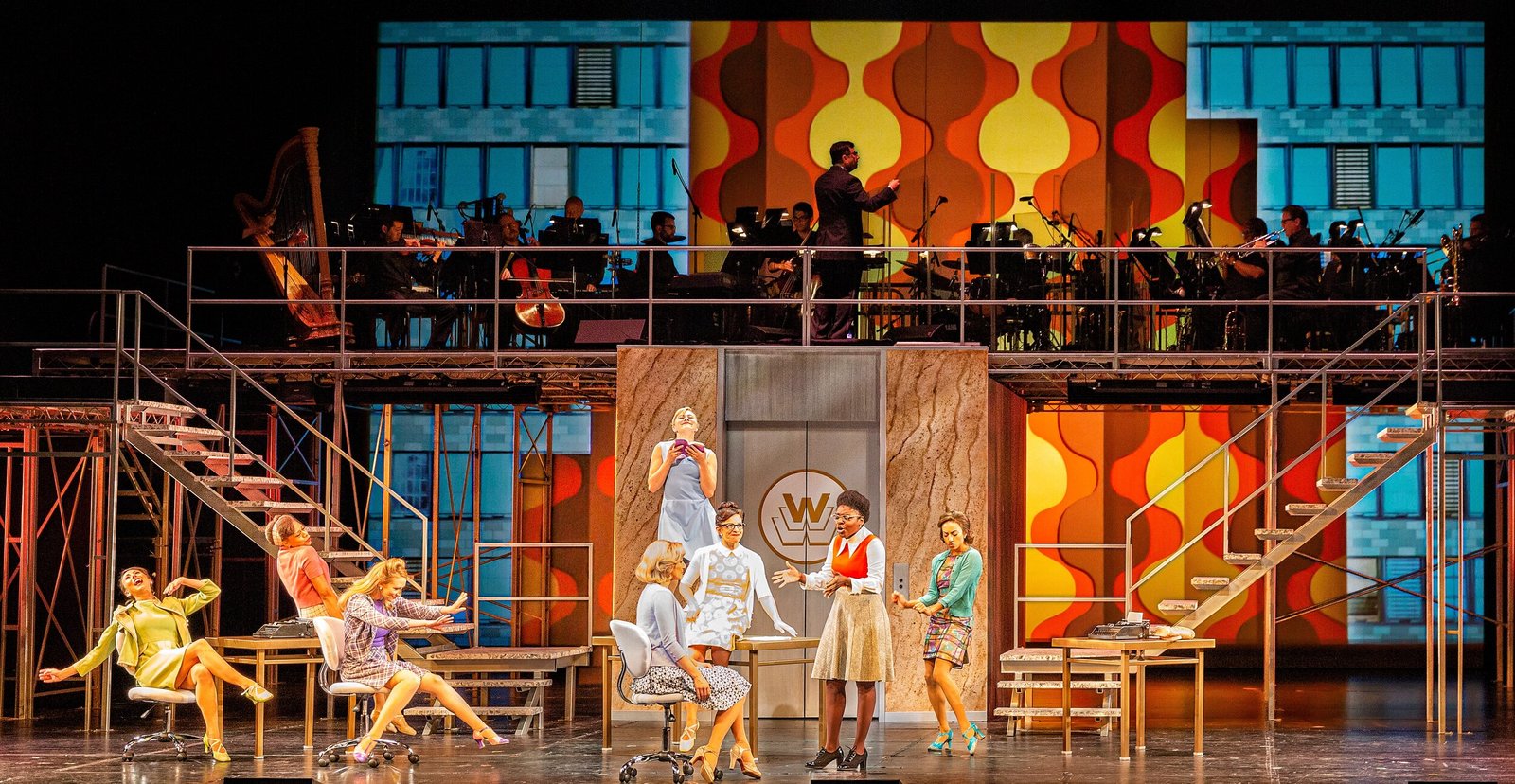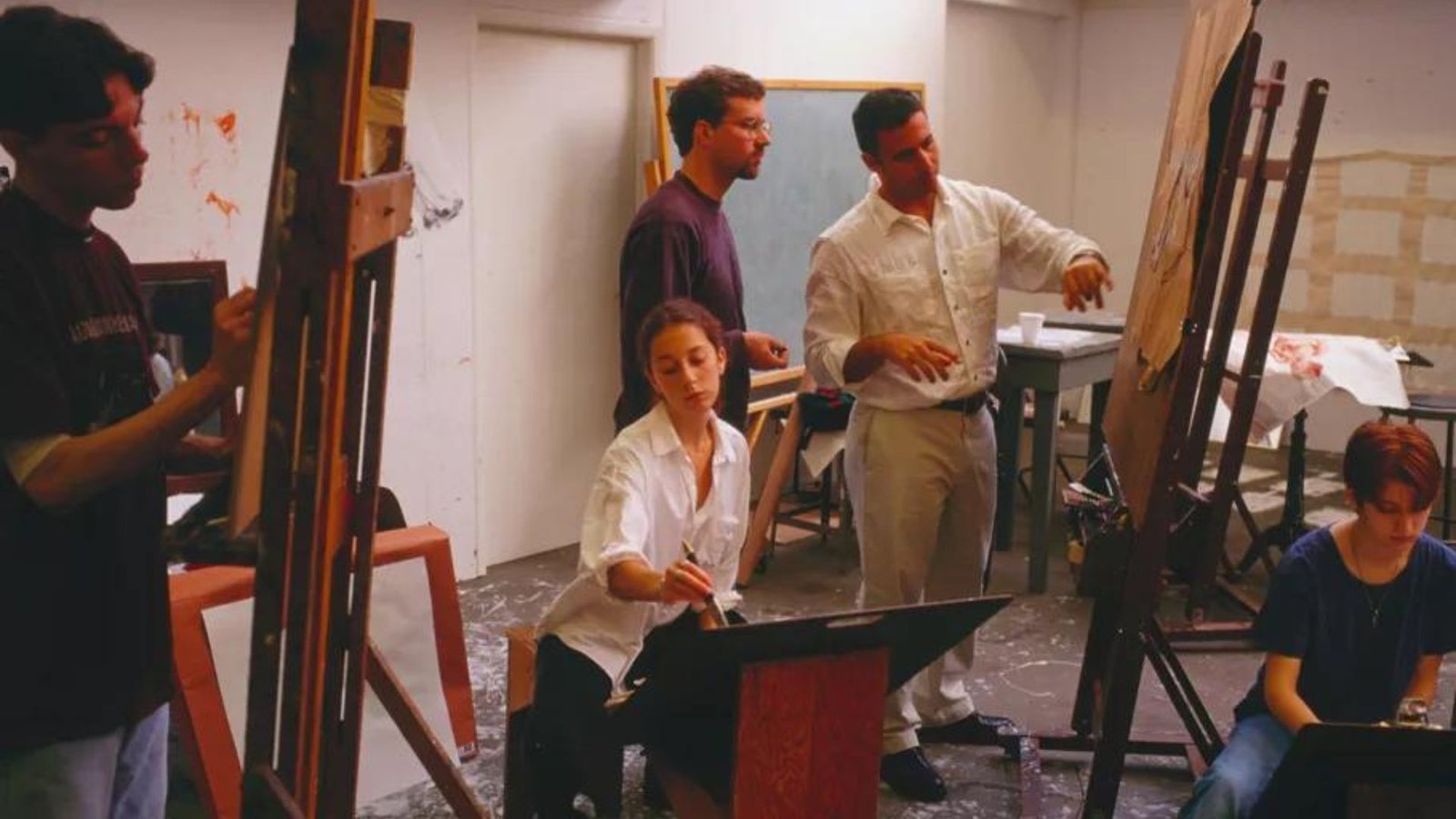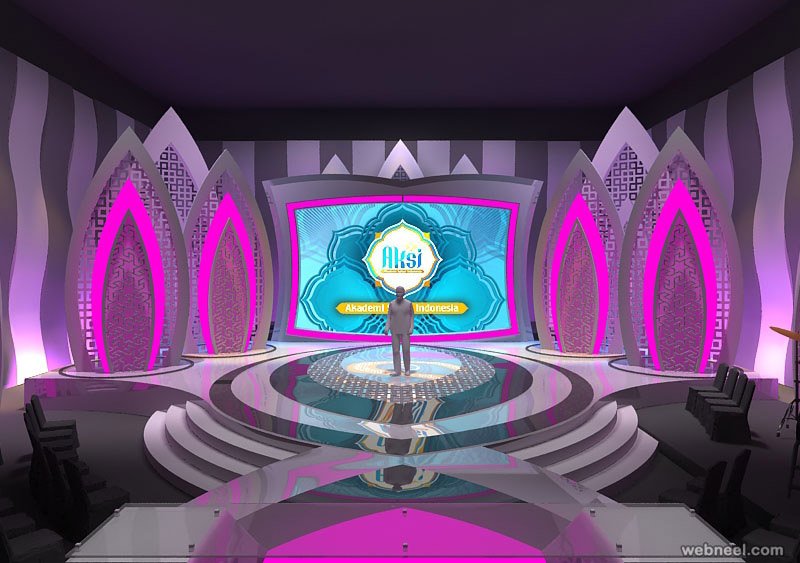Succeeding in stage design requires a blend of creativity, technical skills, and strategic planning. Whether you’re designing for theater, concerts, or events, understanding the essential elements and best practices is crucial for creating impactful and memorable stage setups. Here’s a guide on how to Succeed in Stage Design, with key strategies that will help you stand out and deliver exceptional results.

Master the Fundamentals of Design
To truly Succeed in Stage Design, you must first master the fundamentals. This includes understanding the basic principles of design such as balance, proportion, and composition. Familiarize yourself with key elements such as set construction, lighting, and sound. For example, learning how different lighting techniques can affect mood and visibility is essential for creating an effective stage environment. By building a strong foundation in these core areas, you can approach more complex design challenges with confidence and skill.
Embrace Creativity and Innovation
Creativity is a driving force behind successful stage design. To Succeed in Stage Design, you need to think outside the box and explore innovative concepts. Experiment with different materials, colors, and textures to create unique and engaging visual experiences. For instance, incorporating unconventional materials or multimedia elements can set your designs apart and captivate your audience. Embracing creativity allows you to push the boundaries of traditional stage setups and deliver memorable performances.
Understand Your Audience and Venue
Another crucial aspect of how to Succeed in Stage Design is understanding your audience and the venue. Tailor your design to fit the specific needs and expectations of the audience, as well as the characteristics of the venue. Consider factors such as audience size, seating arrangement, and sightlines to ensure that everyone has a great view of the stage. Additionally, adapt your design to complement the venue’s acoustics and architecture. By aligning your design with these elements, you enhance the overall experience for both the performers and the audience.
Collaborate Effectively with the Team
Successful stage design often involves collaboration with various team members, including directors, lighting designers, and set builders. To Succeed in Stage Design, it’s essential to communicate clearly and work effectively with your team. Share your ideas, listen to feedback, and be open to adjustments based on the collective vision of the project. Regular meetings and collaborative brainstorming sessions can help ensure that everyone is on the same page and that the final design aligns with the overall goals of the production.
Stay Updated with Industry Trends
Keeping up with industry trends and technological advancements is vital to Succeed in Stage Design. The field of stage design is constantly evolving with new tools, techniques, and materials. Stay informed about the latest developments by attending industry conferences, participating in workshops, and following design publications. For example, advancements in LED lighting and projection mapping offer new possibilities for creating dynamic and visually stunning stage setups. By staying updated, you can incorporate cutting-edge technologies and innovative practices into your designs.
Develop Strong Project Management Skills
Effective project management is crucial for successful stage design. To Succeed in Stage Design, you need to plan and execute your projects efficiently, from concept to completion. Create detailed schedules, budgets, and project plans to ensure that all aspects of the design process are managed effectively. This includes coordinating with suppliers, overseeing construction, and managing any last-minute changes. Strong project management skills help you stay organized and ensure that your designs are implemented smoothly and within the given constraints.
Conclusion
To Succeed in Stage Design, mastering the fundamentals, embracing creativity, understanding your audience and venue, collaborating effectively, staying updated with industry trends, and developing strong project management skills are all essential. By focusing on these areas, you can create impactful and memorable stage designs that enhance performances and captivate audiences. With dedication and continuous learning, you can excel in the field of stage design and contribute to successful and innovative productions. Embrace these strategies to elevate your stage design practice and achieve outstanding results.




